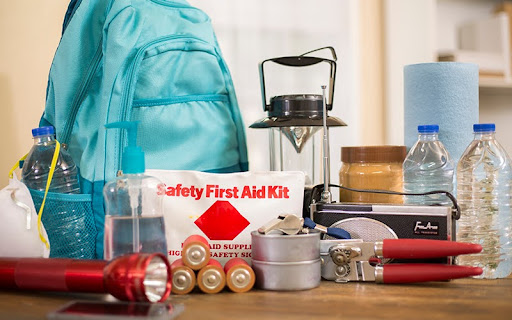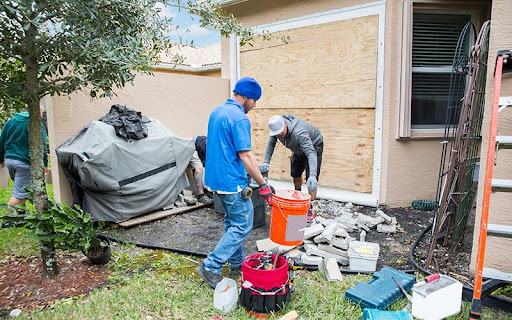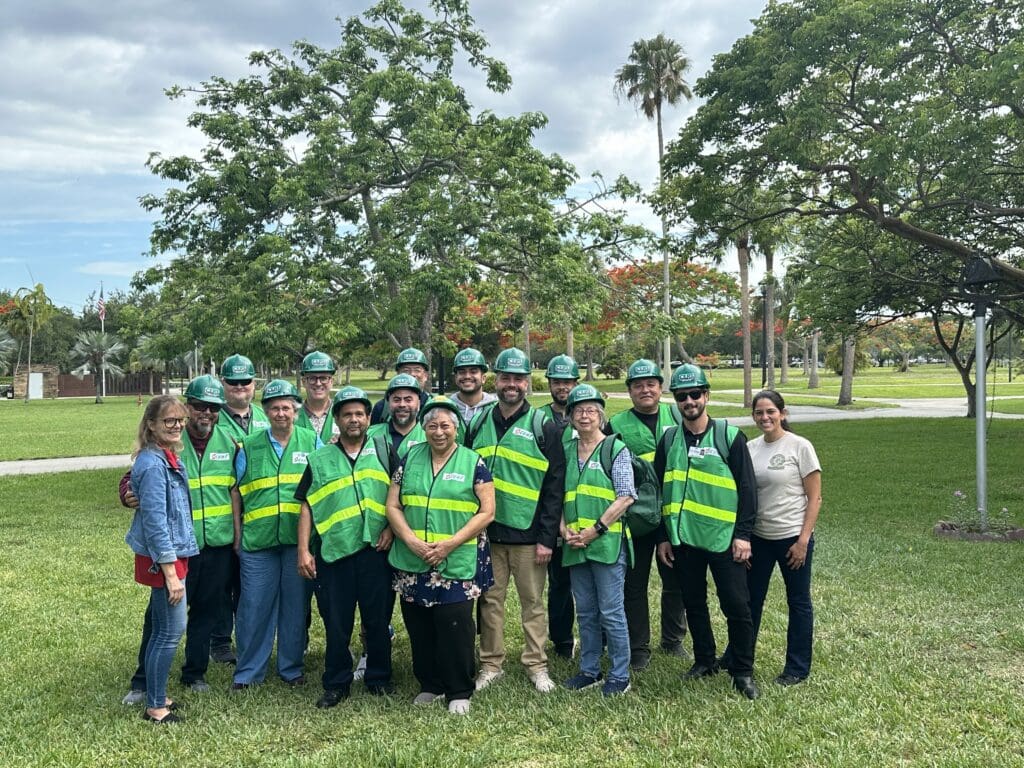The Ultimate Florida Hurricane Preparedness Checklist
Whether you currently live in Florida or are planning to move there in the future, hurricane preparedness is something that should be on your radar. There’s no better time to plan and prepare for a hurricane than before the season strikes – and we’re here to help. Check out our checklist for Florida hurricane preparedness below.
Hurricane Planning Checklist
Get acquainted with terminology and zones
As storm season comes around, you’ll see a range of terms pertaining to hurricanes and storms. Knowing them, as well as their qualities, can make all the difference in preparation and safety.
These are the common terms you should know, as defined by the National Hurricane Center and the Central Pacific Hurricane Center.
Tropical Depression
A tropical cyclone with maximum sustained winds of 38 mph or less
Tropical Storm
A tropical cyclone with maximum sustained winds of 39 to 73 mph
Hurricane
A tropical cyclone with maximum sustained winds of 74 mph or higher
Major Hurricane
A tropical cyclone with maximum sustained winds of 111 mph or higher, corresponding to a Category 3, 4 or 5 on the Saffir-Simpson Hurricane Wind Scale
As storms begin to develop for the season, you’ll need to know your evacuation zone, which you can locate on the Florida Division of Emergency Management’s map. This is designed to protect those who live in low-lying, flood-prone areas from storm surges and flooding.
Be aware of your zone and whether evacuation is ordered for your area; if it’s not, be aware of whether your home is safe enough from hurricane-force wind speeds and potential flooding to shelter there.
Prepare an emergency kit
Having an emergency kit prepared ahead of time can help you feel more calm and collected should a watch or warning be issued. These are some of the items you should have on hand.
- A week’s worth of nonperishable food
- 1 gallon of water per person per day
- Two-week supply of medication
- Flashlights
- Weather radio
- Extra batteries
- Cash
- Cell phone chargers
- First aid manual and first aid items
- Important documents, phone numbers and contact information kept in a waterproof container
- Extra clothing and rain gear
- Necessities for pets
- Nonelectric can opener and disposable tableware
At East Ridge at Cutler Bay, a seven-day supply of nonperishable food is on hand as well as 3 gallons of water per resident. All associates are required to be on-site if needed so there is adequate assistance to all residents during the storm.
Come up with an emergency plan
If you’ve got your emergency kit set, it’s time to formulate a plan for each scenario you could face when dealing with a hurricane.
Evacuation Planning
If you plan to evacuate when storms occur, call to arrange a place to stay prior to leaving, pack your disaster supply kit, fill the car with gas, and leave as soon as possible.
Plans for Sheltering in Place
If you plan on sheltering where you are, make sure you have all the supplies needed to protect your home. Ensure that your home’s exterior is strong, and check with your homeowners insurance to see whether floods are covered. If floods are not covered, consider purchasing a flood insurance policy.
In the event a hurricane is nearing, make sure your car’s gas tank is full and begin the process of securing your home. Protect windows, exterior doors and garage doors, and check that your generator works properly.
Community evacuation
Community evacuation plans are well prepared. Contracts are in place for eight 55-passenger buses that are fueled and ready for deployment if called upon. Additionally, we have contracts with other retirement communities in Bonita Springs, Gainesville, and Palm City, as well as with a hotel in Orlando.
Plans for Pets
Many of us would not want to evacuate without our beloved pets, so when planning for each scenario, consider your furry friends, too. Research which shelters accept pets, contact hotels to learn their policies on pets in an emergency, and see if vets, boarding facilities or animal shelters provide emergency shelter for pets if you must.
Remain vigilant
Keep an eye on the development of tropical storms and hurricanes. The National Hurricane Center can help keep you informed.
It’s also important to stay in touch with family members to ensure they have a plan in place and are as prepared as possible. For more information on taking action before a hurricane strikes, or to read more about hurricane preparedness, check out the National Oceanic and Atmospheric Administration’s resources.
At East Ridge at Cutler Bay, associates train during nonemergency times with monthly drills and semiannual emergency exercises. Recent FEMA CERT training took place in June 2024, and our community plans to continue future training for residents and associates on a regular basis.
Hurricane Preparedness Is a High Priority at East Ridge at Cutler Bay
At East Ridge at Cutler Bay, we’re ready in the event of a hurricane, taking the need to prepare off the shoulders of our residents and their families. Here, we:
- Are prepared to deal with hurricanes with a plan of action
- Have backup generators in case of lost power
- Have additional fuel reserves on-site
- Offer the peace of mind of support if needed
To learn more about our community and how we’re prepared for any sort of weather, visit our website or schedule a tour.




